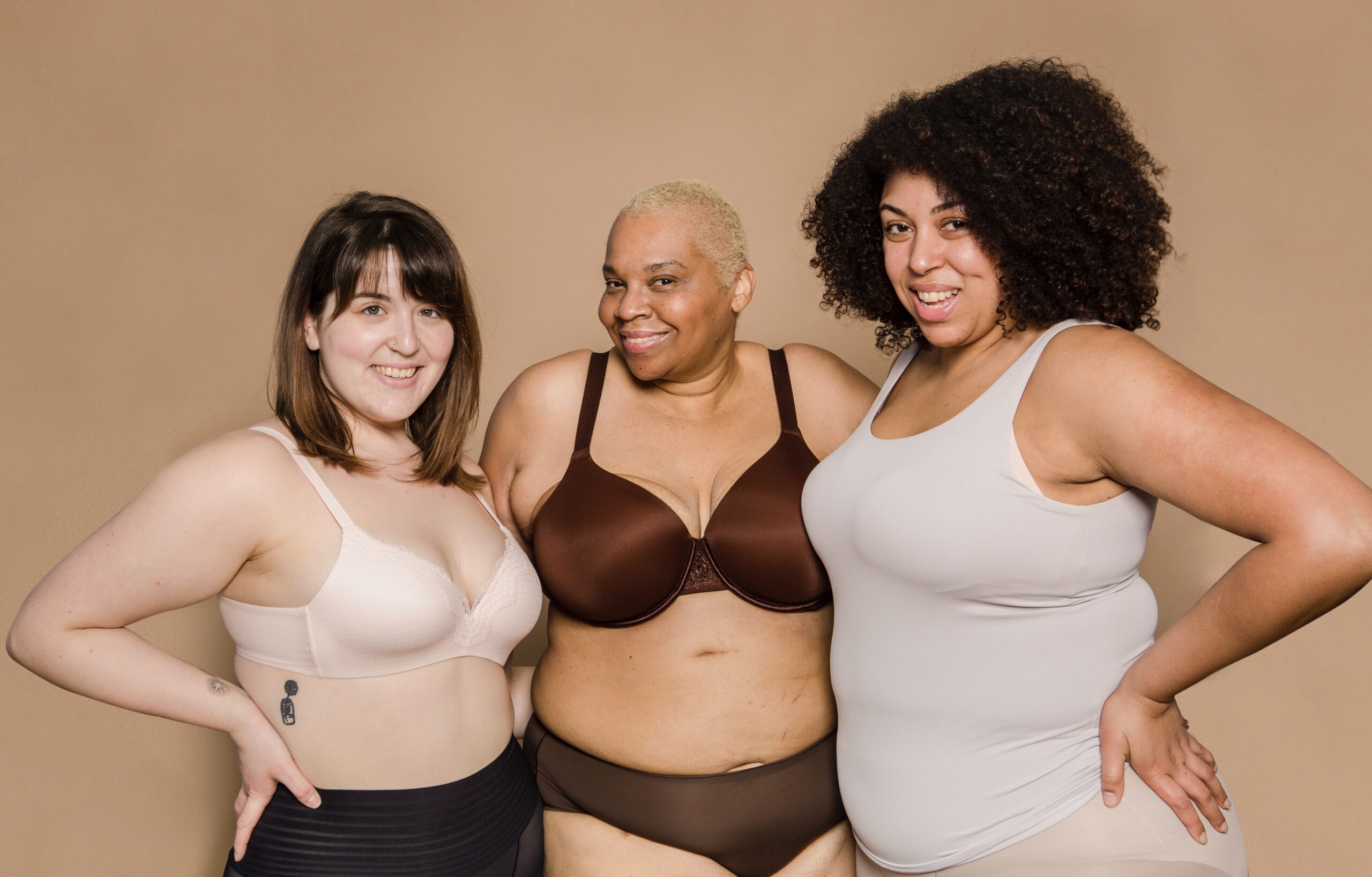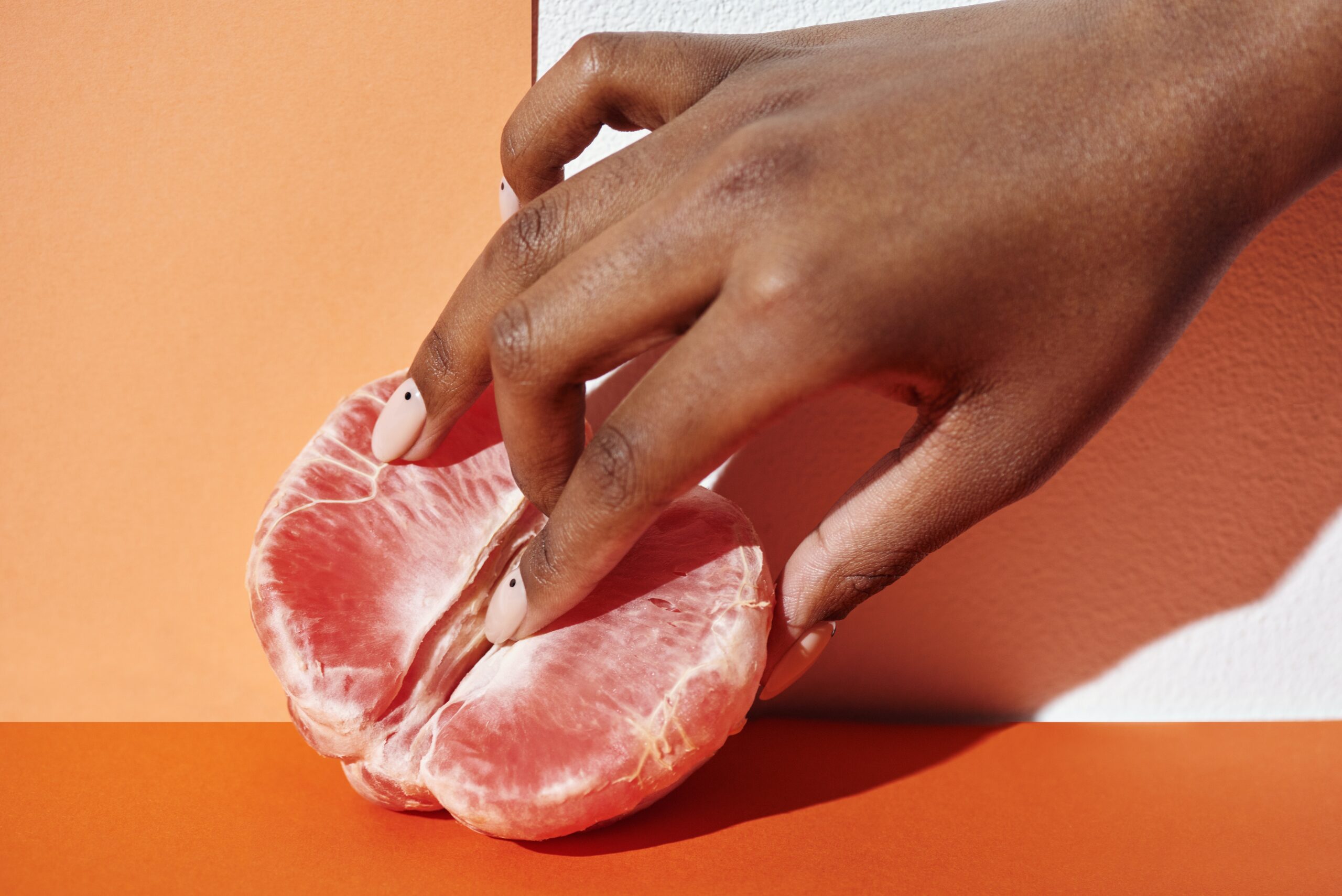Eating disorders are a huge problem amongst young men and women. In particular, anorexia and bulimia are the most well-known, but there is still so much about most of these diseases that it is important to talk about them openly and educate those around us. Social media and blogsites are a great way of getting information out into the world in a fast way. But what happens when they are used as platforms to perpetuate abuse and harmful things?
An eating disorder is classed as a mental illness, because it stems from problems within the sufferers mind, which then manifests itself on the body. FYI eating disorders have the highest death rate of any mental illness. In the US, approximately 24 million people struggle with an eating disorder, but only 10% will seek out and receive the help they need. Worldwide, it is estimated 70 million people suffer, and it is thanks to industries like fashion, advertising and the diet industry which makes $50 billion a year.
Sharing information about eating disorders on social media platforms has become more common of late, with hashtags like #thinspiration being a gateway to fuel an already harmful mental disease. Sites such as Facebook, Tumblr and Instagram have tried to implement helpful tools for those searching terms like “anorexia” and “bulimia” by re-directing them to the National Eating Disorders Association website. But one country has decided that isn’t enough and wants to get tough on individuals who promote eating disorders online.
A new landmark proposed law in Italy will take aim and prosecute owners of pro anorexia and bulimia websites which the Italian government say pose a danger by promoting both of these as positive lifestyle choices. The national bipartisan legislation would add a clause to an already existing law that makes it a crime to instigate suicide. They believe people who create these websites are often sufferers themselves.
If the Italian bill is approved, creators of such sites would face fines of $10,000 to $100,000 euros (approximately $13,000 to $134,000), and/or jail time of up to two years reports Yahoo Health. Fines would double if the website was found to have affected a victim younger than 14. Both houses of parliament must approve the legislation, which is still in the early discussion stages, in order for it to become law.
The bill was initially proposed in June but it has already been facing criticism from Italian journalists who say prosecuting people who are clearly suffering themselves doesn’t solve anything.
“How can you think of putting in jail the authors of blogs, websites, Facebook pages, who are often just the girls who suffer from anorexia?” said author Chiara Lalli. However Michela Marzano, one of three members of the Italian Parliament to sponsor the proposal, told Yahoo Health that the law would send a powerful message.
“[These websites] tell girls and young women how to not be hungry, how to make themselves vomit, and how to be more and more thin,” explained Marzano, who said her own battle with anorexia began at age 18 and lasted for two decades. “The sites don’t necessarily cause this troubling behavior…but the sites do maintain people’s suffering, by making them feel like everything is alright,” she wrote.
She added that it’s important to “take seriously the troubles of health behavior in Italy,” where, according to a 2013 report from the country’s Ministry of Health, there are an estimated 2,500 new cases of anorexia and more than 3,000 of bulimia each year.
Italy is not new to the issue of eating disorders, being the home of one of the 4 major fashion events: Milan Fashion Week. In 2006, Madrid Fashion Week announced they were banning underweight models, and had medics on hand to measure the models according to their BMI to judge whether they were too skinny, because they wanted to “project an image of beauty and health, rather than a waif-like, or heroin chic look.”
Because of their crackdown, the mayor of Milan, Letizia Moratti, told an Italian newspaper she too would seek a similar ban for her city’s show unless it could find a solution to “sick” looking models.
As the spotlight on eating disorders and the fashion industry has increased recently because of social media and the internet, Vogue magazines announced in 2012 that all 19 of its global publications will no longer use any models under the age of 16, or anyone they believe to have an eating disorder. They also created a 6-point manifesto and health initiative which aims to encourage a more healthy approach to body image as they believe being one of the fashion industry’s most powerful voices, they have a duty to lead by example.
Israel also made a statement in 2012 they are banning the use of underweight models in advertising and on catwalks. Models in Israel are now required to have a body mass index (BMI) – a calculation based on a ratio of weight to height – of no less than 18.5, and they have to provide a doctor’s certificate as evidence they are healthy enough to take part in a shoot or a fashion show.
In her regular column for Glamour Magazine, ‘Girls’ actress Zosia Mamet recently divulged that she has struggled with an eating disorder since she was 8, and today considers herself an addict in recovery. She calls the modern day culture a “monster” in that it perpetuates eating disorders in a big way, and we have to fight against it.
“It’s no secret that we live in a country with a warped view of beauty. “Skinny” sells us everything, from vacations to underwear, effectively. But we need to be brave and expose this body type for what it truly is: a figure naturally possessed by, let’s say, a mere 5 percent of women. We must demand that our media figure out another way to sell things to us,” she says.
“It’s not going to be easy. I recently saw an ad featuring a nearly naked, thin model with the words love yourself written across her. Even this attempt at encouraging women to accept themselves was accompanied by an image telling us the opposite! We have to change the ideal.”
Italy is taking drastic measures to change that ideal. Does their proposed new law sound a little extreme? Perhaps. Is it necessary to crack down on online media which is purposely harming sufferers of eating disorders? Most definitely. It is easy to point the finger at what Italy is doing by taking it one step further and prosecuting curators of pro anorexia and bulimia platforms online, because the critics who argue education is key are certainly not wrong.
But while banning models from catwalks are a great start, the questions remains how do all the other industries take responsibility? Is re-directing a user to an information site on eating disorders enough? Or is it time governments started stepping in to take drastic action.
We are sure this proposed Italian law will divide many people. We firmly believe in educating the public on eating disorders, how they affect and in some cases kill young men and women, but we also believe in taking action. The fact that these new laws and regulations are forcing people to have conversations about the disease is a great thing. It will hopefully enlighten more people that social media and the internet can be as damaging a place for eating disorder sufferers to go to, as a crack den is for drug addicts.
The law is yet to be voted on in Italy, and we will definitely keep tabs on it as the story unfolds. In the meantime if you are silently suffering and don’t know where to go for help, please talk to someone you trust in your life, and find some helpful information on any of these global websites dedicated to eating disorders.





















Landmark Italian Law Aims To Shut Down Pro #Anorexia & #Bulimia Sites http://t.co/4QgdCt6dbL #thinspiration #eatingdisorders #diets
@GirlTalkHQ #Women Landmark Italian Law Aims To Shut Down Pro Anorexia & Bulimia Sites http://t.co/oOyivKdNRM
RT @MobileModeling: @GirlTalkHQ #Women Landmark Italian Law Aims To Shut Down Pro Anorexia & Bulimia Sites http://t.co/oOyivKdNRM
RT @MobileModeling: @GirlTalkHQ #Women Landmark Italian Law Aims To Shut Down Pro Anorexia & Bulimia Sites http://t.co/oOyivKdNRM